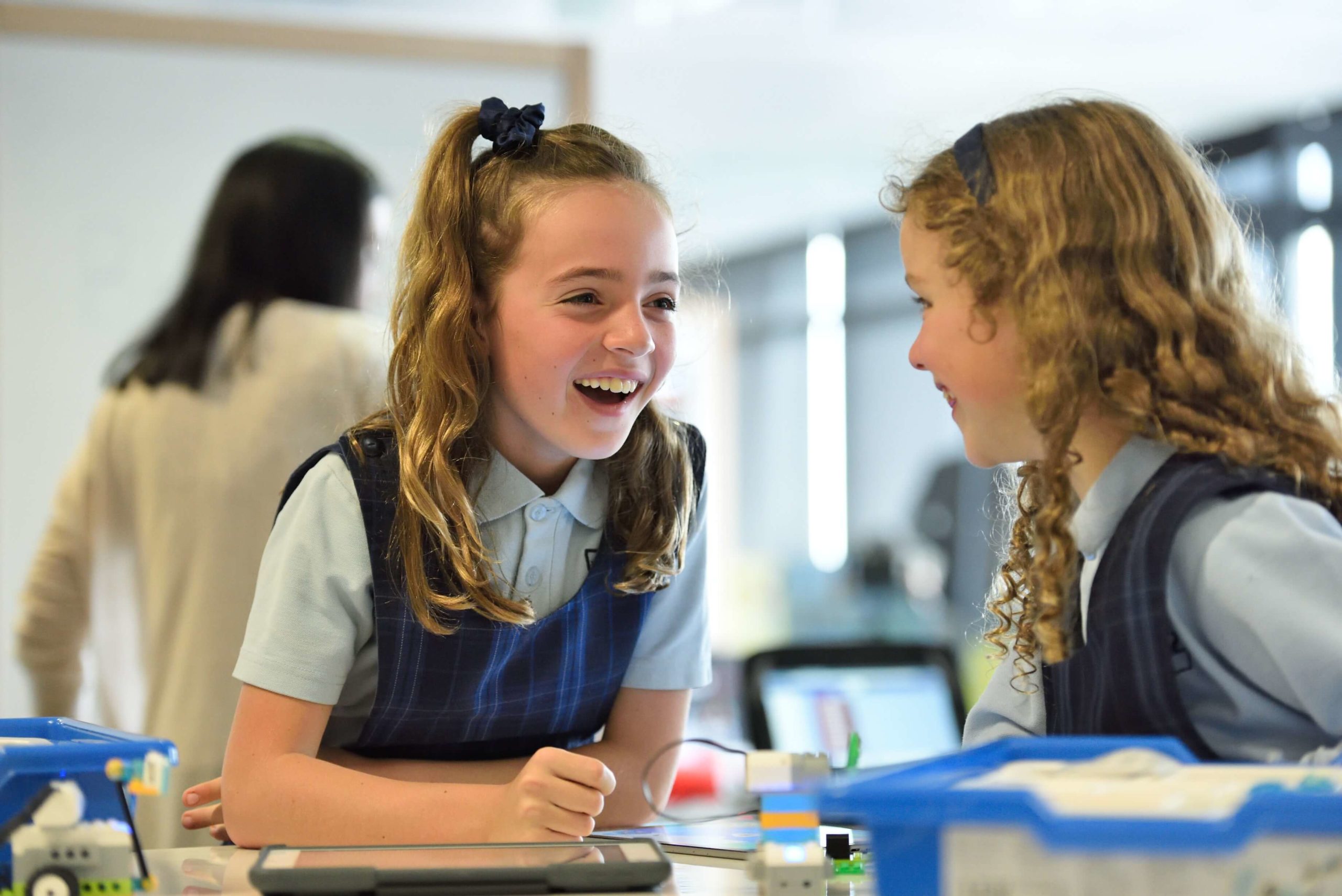I’m often asked by parents of primary Year 5 and 6 pupils for advice on how to support their child as the transition to secondary school becomes ever closer. Often parents and carers cannot envisage their ‘little ones’ sitting SATs exams or managing to organise their homework and revision in order to avoid the dreaded detention! They may be concerned that their child is anxious or disengaged, or maybe just needs that ‘bit extra’ to help them to achieve their best. At this time, Primary tutoring and mentoring can be an invaluable support to the child and their parents/carers. Primary tutoring and mentoring can help with the following:
- Confidence building: Some children are naturally shy, and this may lead them to be reluctant to ask for help when needed. A mentor is curious – keen to discover what your child is interested in and tailoring learning so that the child’s ‘expertise’ is built upon A mentor is a good listener, initiating comfortable and nurturing conversations to improve your child’s social skills and independence.
- Improving reading: a skilled tutor can recommend specific books for a wide range of interests, allowing children to explore new authors and develop their pleasure in reading. A tutor can develop a child’s critical thinking and analysis skills through different texts, encouraging them to justify their thoughts through evidence: a key skill in KS2 SATs as well as in modern life!
- Bespoke support: Many children are taught in increasingly larger classes where the teacher caters for a wide range of abilities and needs. The opportunity for children to have the opportunity for 1-to-1 learning time is difficult for the average school to achieve. A mentor can ensure that your child has that personalised, bespoke experience in their learning, where their individual needs can be met.
- Improving writing: Writing is still the main way in which children will be expected to demonstrate their understanding as they move to secondary school and then on to university or work. A skilled tutor will ensure that all aspects of written communication can be developed. This could include basic skills such as punctuation, spelling and grammar, to formal letters and reports as well as developing a creative flair.
- Engagement: Some children become disengaged with their learning. This may be because of a tough year a school, a period of illness, friendship issues, disrupted teaching or even a hangover from the pandemic home learning. A mentor can help your child improve their attitude to learning through bespoke programmes focused on their specific barriers. Learning can be fun!
- Improving maths: There are key ‘sticking points’ for many primary-aged children in maths, for example, fractions, percentages, and times tables. A tutor can identify specific gaps and then break the learning down into smaller steps, allowing the child to understand and build confidence as they master each skill.
- Avoiding homework conflict! Many children see school as school and home as home – they find it hard to bring the daytime structure into their relaxing space with all its welcoming distractions! A mentor can provide a dedicated positive learning space for homework completion, where challenge and support comes from a trusted, supportive adult leaving the parent to focus on being the parent – not the teacher!
- Specific SEND needs: Many children face additional barriers to their learning, whether that be ADHD, dyslexia, or other special educational needs. A tutor can help unpick the specific barriers for each individual child, helping to close gaps and adapt teaching to meet each child’s individual need, as well as working with the child’s school, supporting their Individual Provision Maps. A tutor celebrates effort and progress, not just achievement,
- Understanding the curriculum: When trying to help your child with homework, many parents and carers have heard their child claim’ …but that’s not how we do it at school!’. The language used in primary school homework can often seem baffling, whether it’s ‘subitising’, ‘subordinate clauses’ or using ‘the passive voice’, an experienced tutor can support your child confidently, using a common language which is familiar to your child.
- Being Secondary-ready: Moving to high school can be daunting and exciting in equal measures. There are many key behaviours needed for secondary learning – not just knowledge. A mentor can support your child with independent thinking, organisation, resilience, and friendship worries and how to understand work presented in different ways.
Here at www.studentnavigator.co.uk we offer primary tutoring and mentoring through a programme of seven, bespoke 1-to-1 sessions, designed to develop key skills and build confidence and resilience. To find out more about primary tutoring and mentoring please get in touch with us today to see how we can help you.

